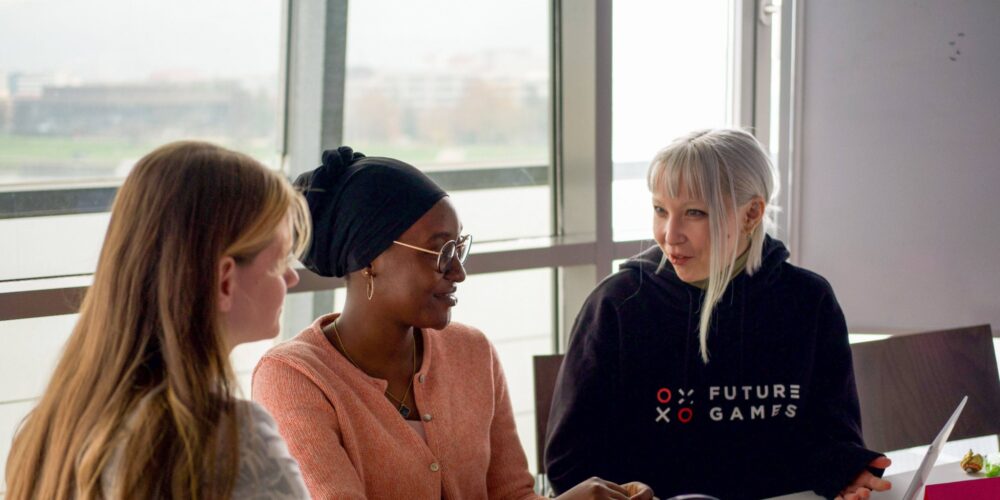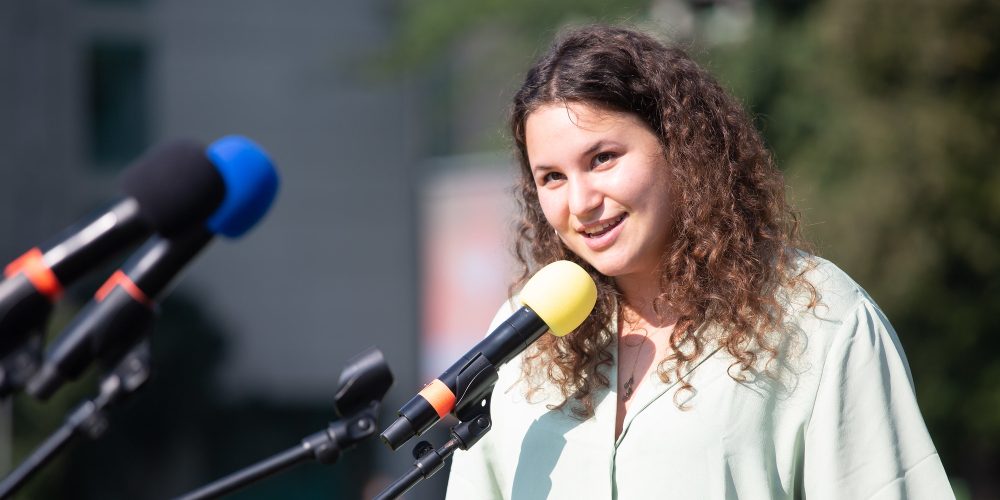
European Networks
-
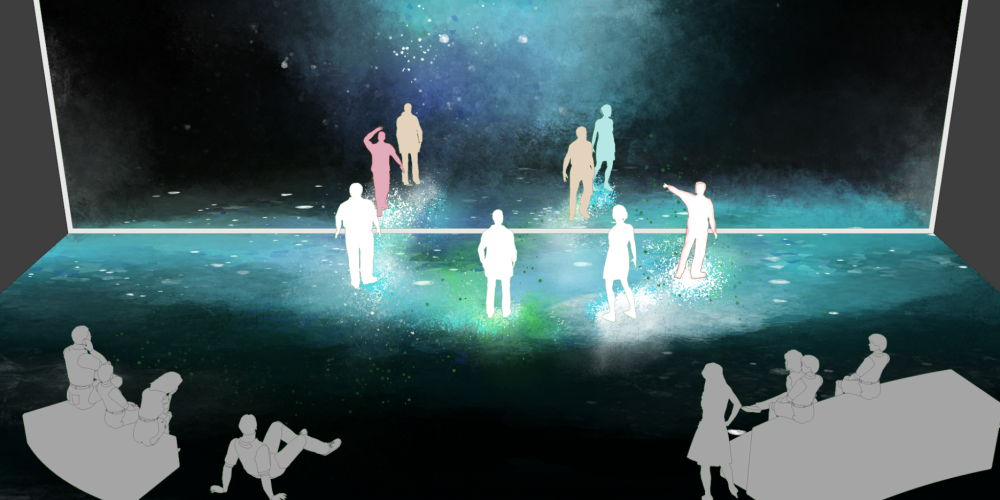
A space with endless possibilities
SHARESPACE explores new forms of collaboration between people, avatars, and AI in hybrid spaces. The focus is on connection, participation, and creative interaction, accompanied artistically by Ars Electronica Futurelab. One space, infinite possibilities.
-
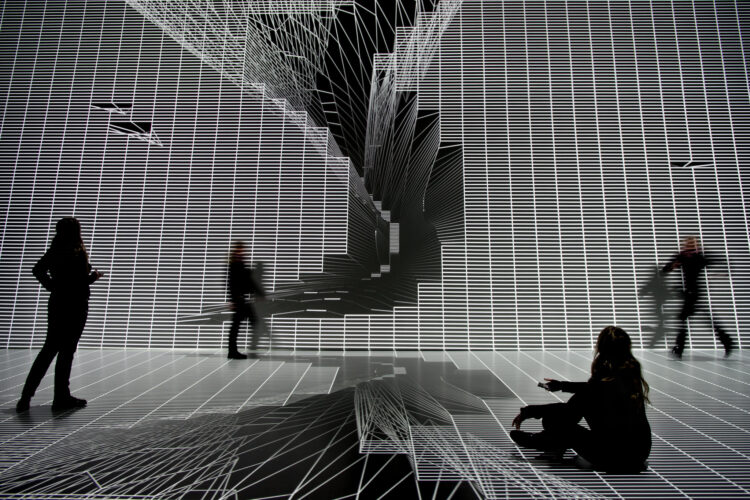
Navigating Panic: Notes from Where Panic Becomes a Compass
As curator in residence of the ARKO-sponsored Curatorial Residency Program, Son Hyerim was on site during the jury weekend of the Prix Ars Electronica. In this guest article, she shares her personal reflections on this experience.
-
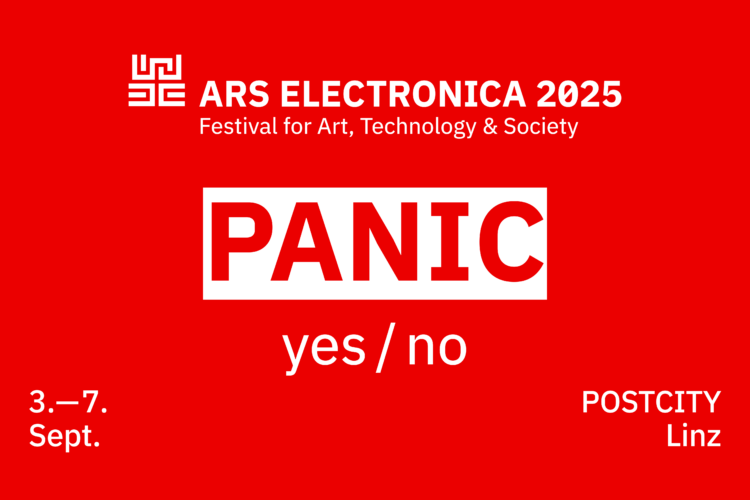
The Times They Are a-Changin’
From the uncertainty of the present to the power of art – in conversation with Gerfried Stocker, we shed light on the theme of the Ars Electronica Festival 2025.
-
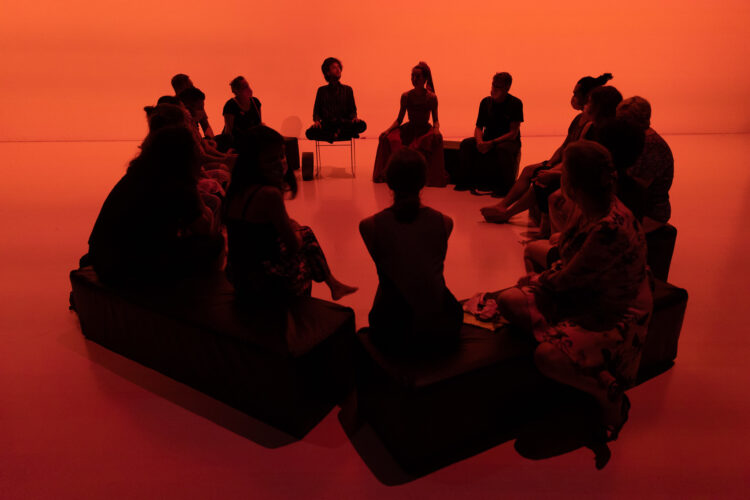
A Festival for Artists
What is the role of art festivals like Ars Electronica? What do they have to do and for whom? For good reason, the vast majority of answers to these questions focus on the audience. However, another key target group is often overlooked: the artists themselves.
-
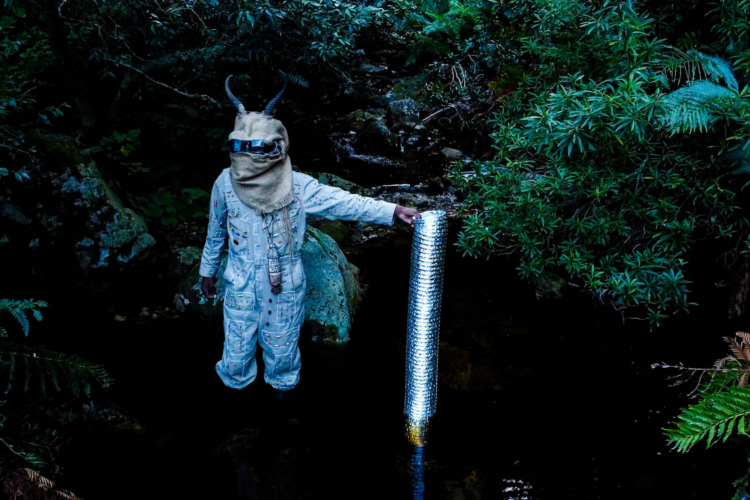
The new Ars Electronica Platform Europe
The European Platform for Digital Humanism has been relaunched as Ars Electronica Platform Europe to foster collaboration for tech-driven change through art and to advocate for healthy democracies on the continent and beyond.
-

A circular model for the future
The Label4Future project aims to develop sustainable solutions together with companies – supported by digital transformation and innovative approaches from cultural and creative industries.
-

Immersive Journeys Through Time
Ars Electronica is the future, cultural heritage is the past. Both tell of disruptive interrelationships at the intersection of art, technology and society. In Deep Space 8K, they enter into a unique symbiosis.
-
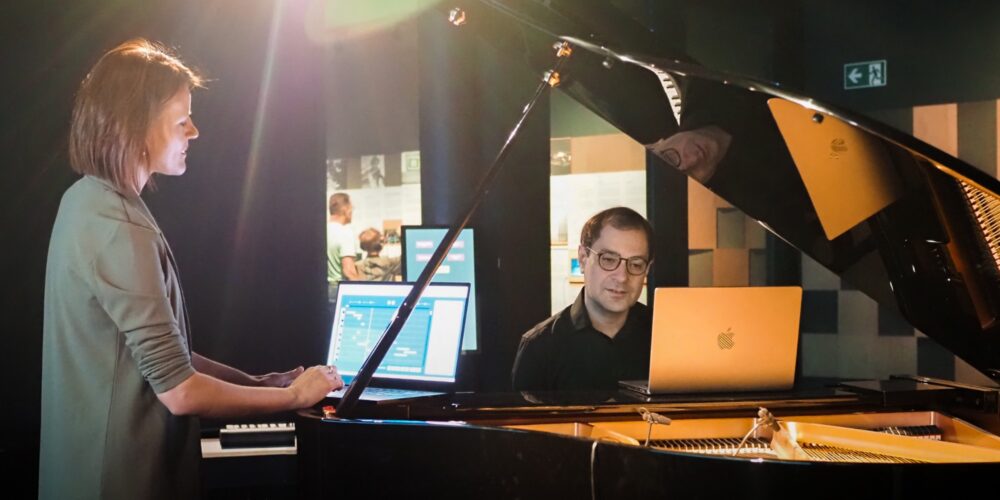
“Waltz Symphony”: Of humans and machines
Artificial intelligence and classical music merge seamlessly in the Waltz Symphony project. Composition students develop innovative orchestral pieces in dialogue with the AI application Ricercar.
-
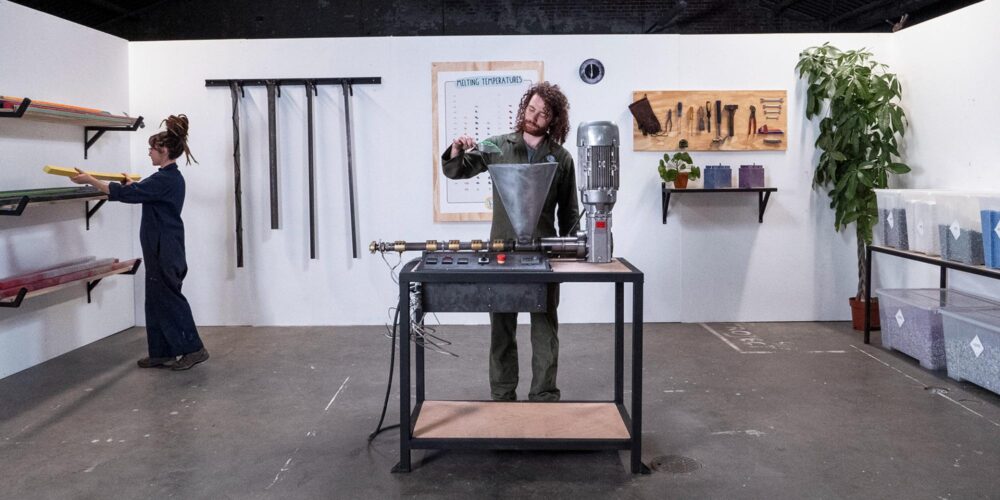
Beacons of hope in a changing world
Under the title HOPE, the Ars Electronica Festival 2024 will focus on the people who give us cause for optimism.
-
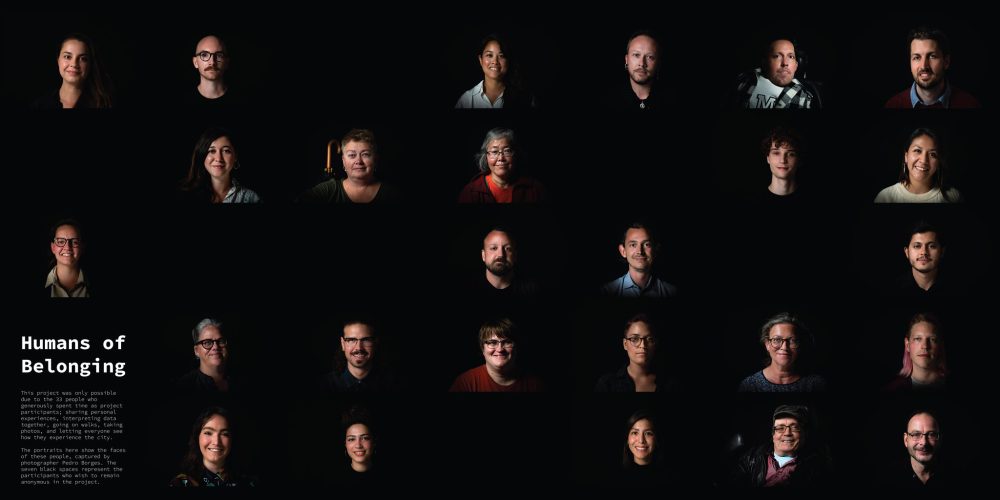
The Urbanists
Cities can be planned on the computer, but they can also be heard, smelled, tasted and felt. In the best case, they are there for everyone.
-
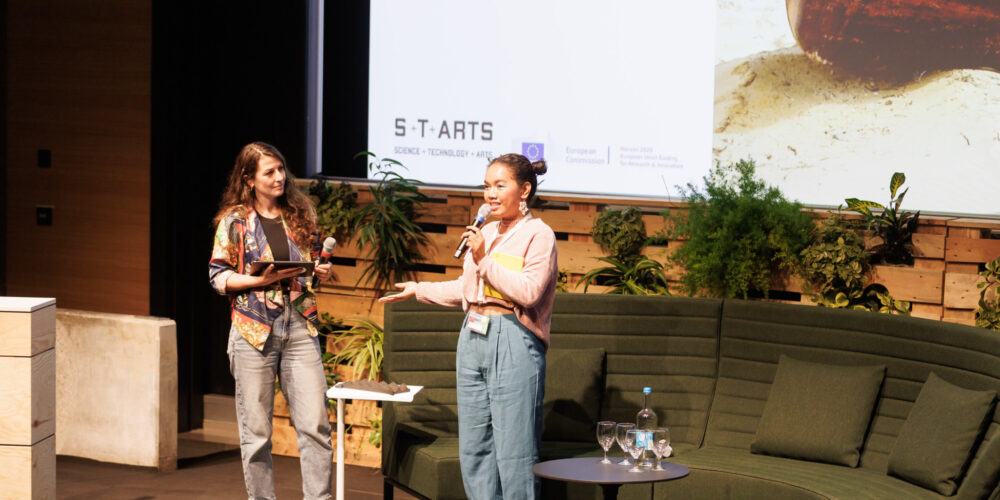
Creating New Paths Together – The Next Renaissance
Jointly shaping a sustainable and innovative future with art and technology – the European initiative The Next Renaissance seeks to offer thought-provoking ideas for this journey.
-
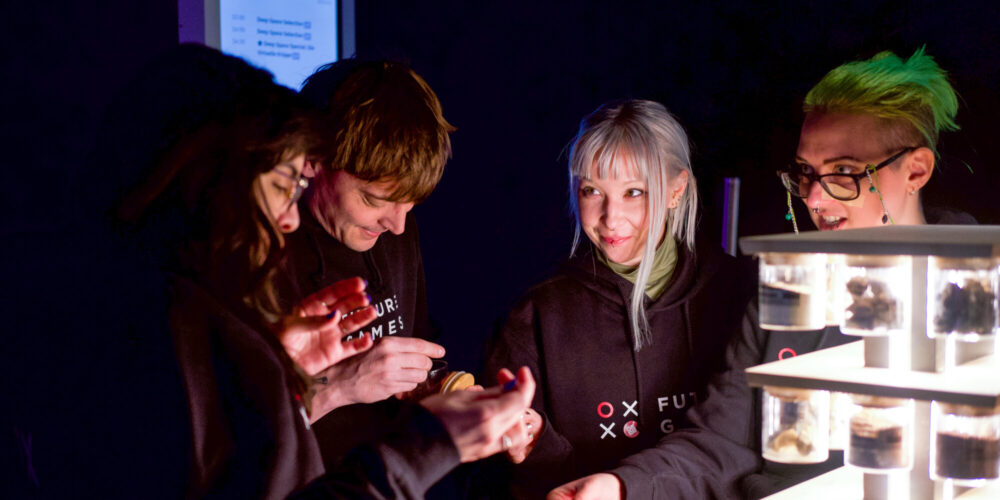
Ars Electronica: a European Platform for Digital Humanism
Within the framework of the European Platform for Digital Humanism the Ars Electronica Festival 2023 will once again display works created in collaboration with partner organizations and realized with funding from the European Union.
-
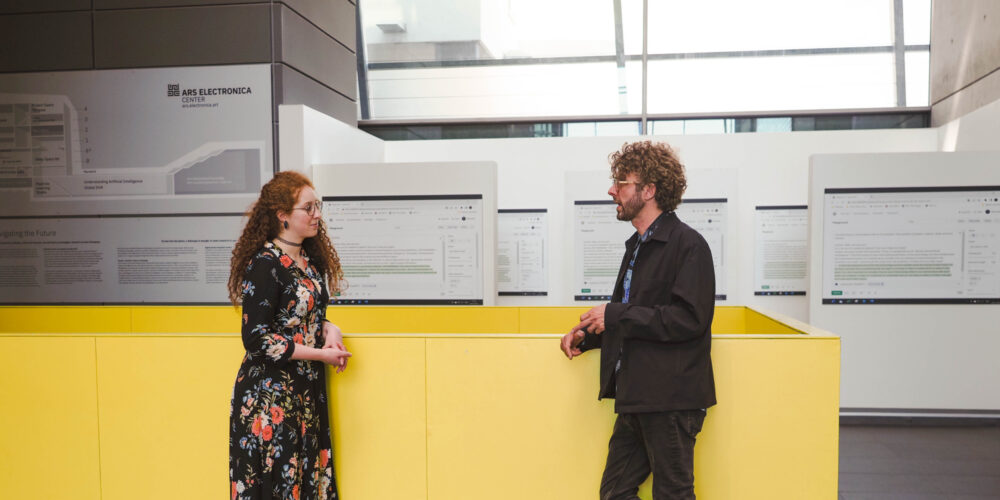
#Let’s Swab – Science for Citizens and Citizens for Science
In Isala scientists and citizens join forces to study the vaginal microbiome and create a database that challenges the social and medical bias surrounding the female body and intimate self-care.
-
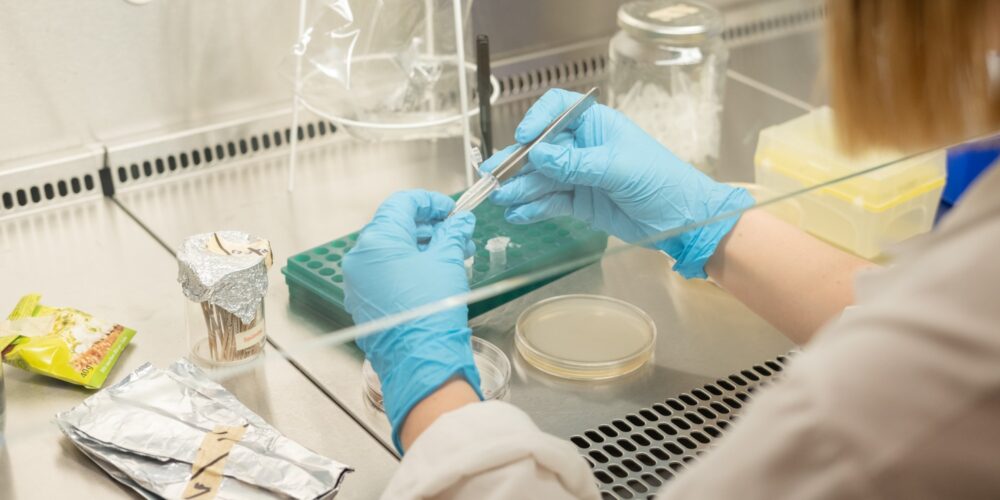
Reimagining Human Habitats
In an interview with artist Dorotea Dolinšek, we discover the secrets of the microbiome and how our symbiotic relationship with microorganisms affects our well-being.
-
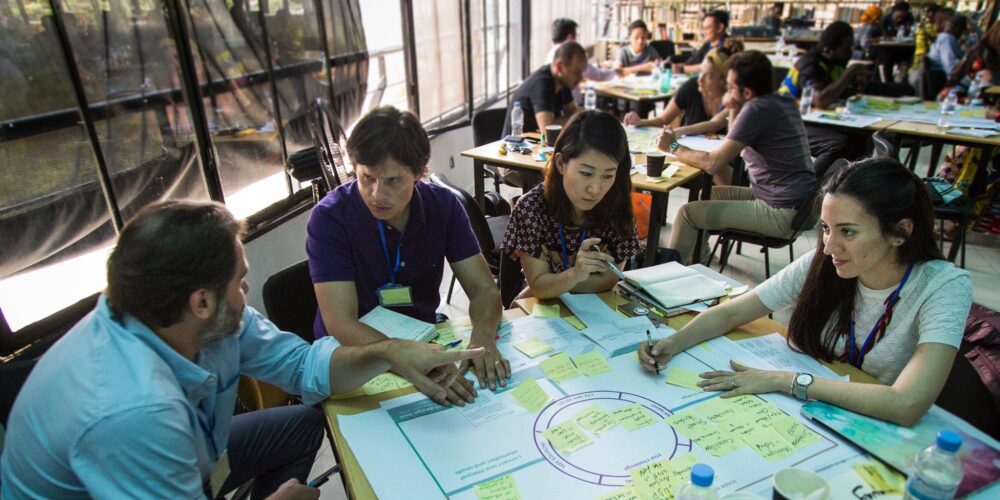
Knowing more together
The European Union Prize for Citizen Science recognizes the achievements of Citizen Science initiatives in Europe, but what exactly is being sought and why is Citizen Science so important? Find out more here!
-
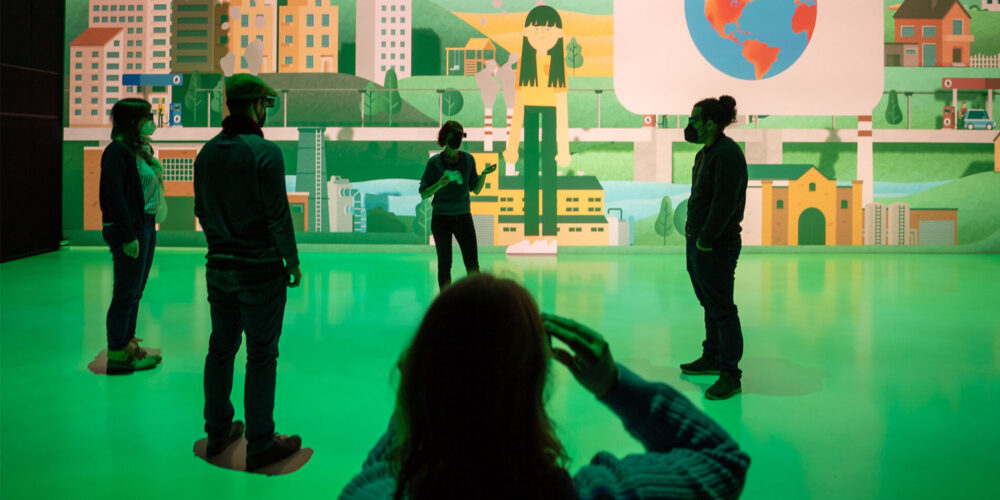
Society? That’s us!
It’s the third pillar of Ars Electronica, and we’re all a part of it: In part three of our annual review, we’ll tell you what the “Society” in our name stands for.
-
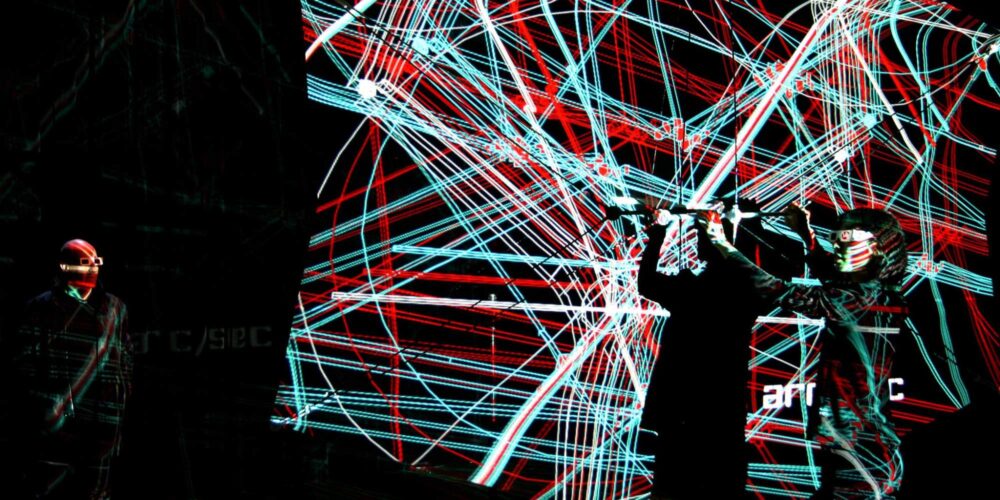
What is the European Platform for Digital Humanism?
Ars Electronica as a platform for art, technology and society and collaborative projects sponsored by the European Union belong inseparably together. Why is that so? We’ll tell you here:
-
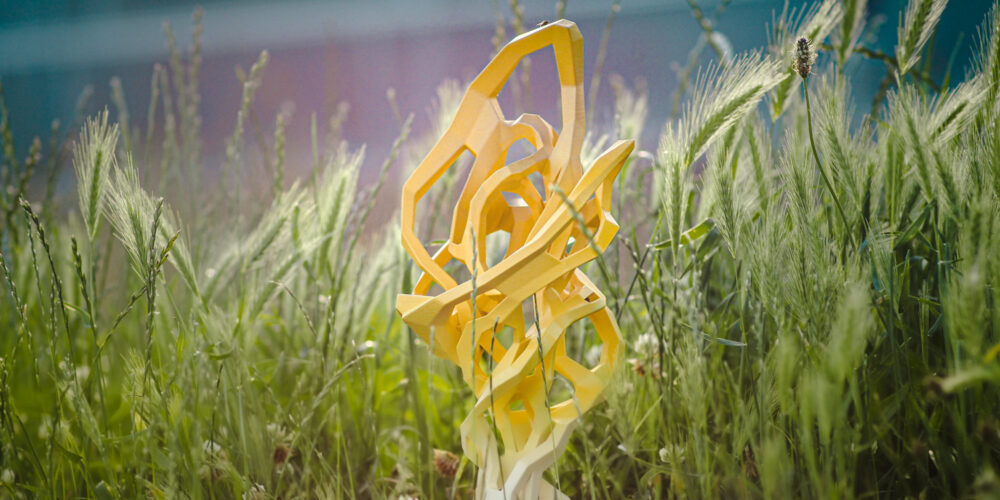
STARTS Day: Artistic Innovation and Musical Visions
What are the highlights of the Friday of the Ars Electronica Festival? We’ll give you some interesting insights into the packed program.
-
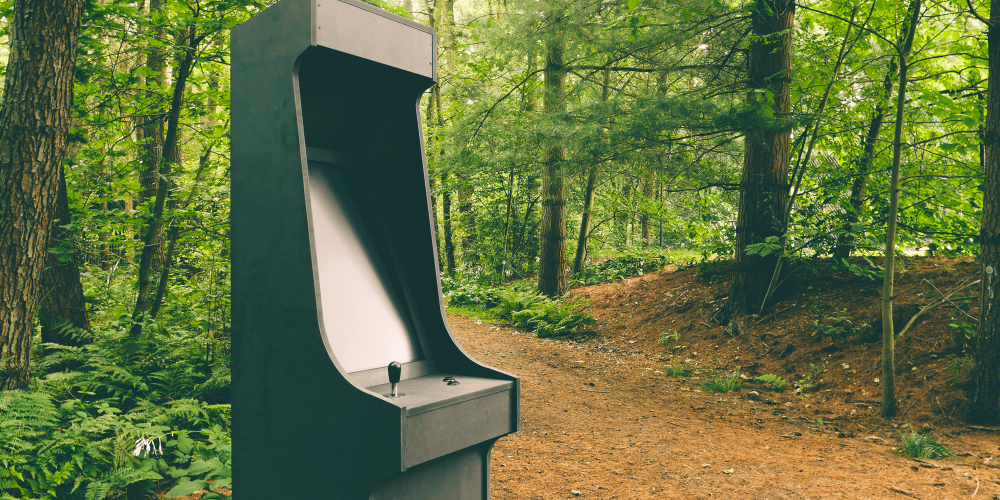
Roel Heremans: The NeuroRight Arcades
Ars Electronica Festival 2022: In a world where neuro-wearables and brain-computer interfaces will soon be ubiquitous, we should also talk about “NeuroRights.”
-
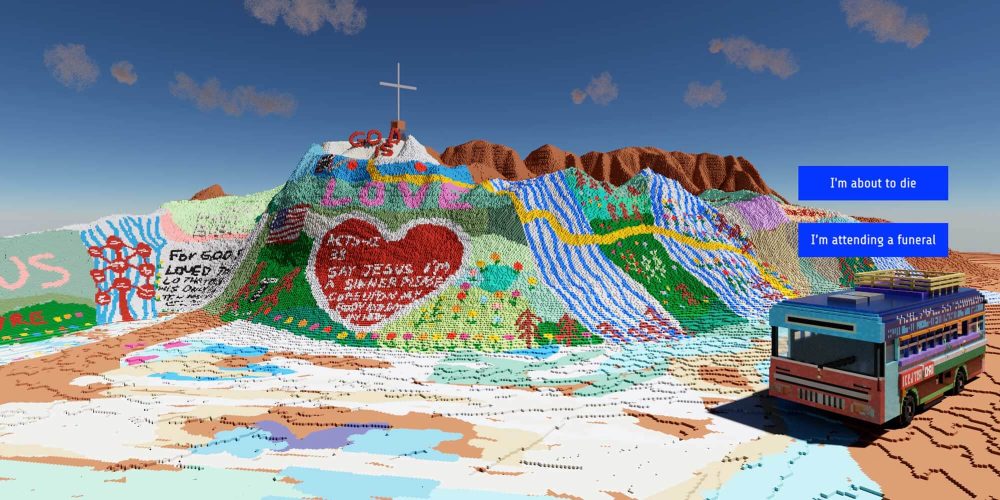
Who wants to live forever? AI and our digital (after)lives
[:de]Throughout time and across cultures, humans have been conditioned to view death as an endpoint in the experience of life. In an increasingly globalized and digitalized world, have our traditions and behaviours towards death changed? What happens when data outlives the person?
-
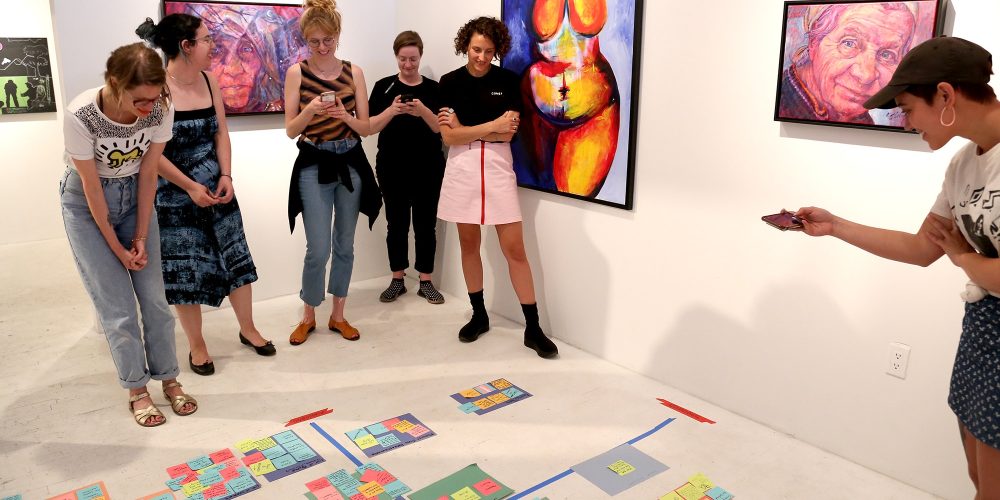
Is this a man’s world? Acknowledging gender bias in AI
Artificial Intelligence is fast becoming a major driving force of the rapidly accelerating digital transformation. Therefore, we have the responsibility to confront and question the gender biases inherent in AI models and seek ways to mitigate them.
-
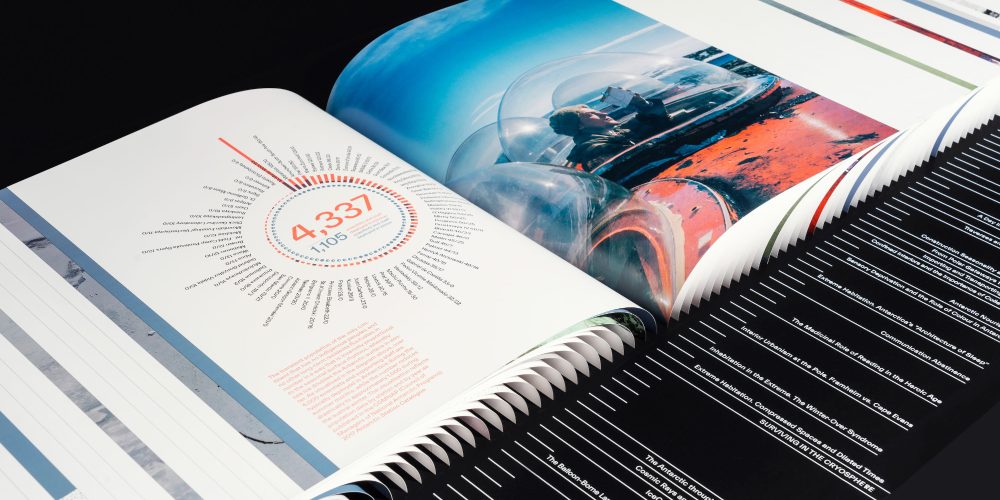
“What happens in Antarctica does not stay in Antarctica”
What does the melting of Antarctica have to do with the future of planet Earth? A lot – and that’s exactly why Giulia Foscari and UNLESS, in the work “Antarctic Resolution”, awarded the STARTS Prize 2022, have called for saving Antarctica and say: “Speak up for Antarctica now!”
-
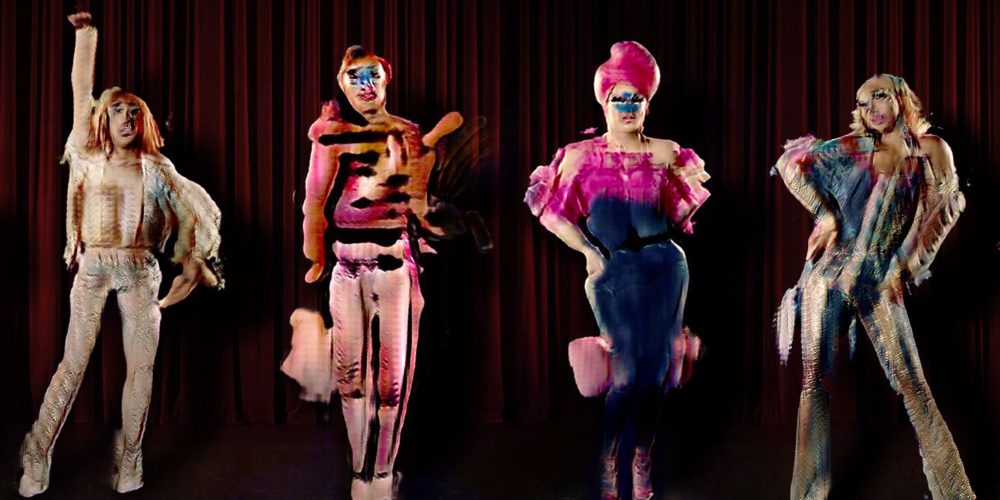
I see you: (in)visibility and equality in a new digital world
As Ars Electronica is a platform for those who see the future as the responsibility of our time and face it with social activation and empowerment, the last festival hosted projects which focused on making different realities and identities visible.
-

Digital Humanism: Teaching and learning through an artistic lens
Education is one of the core aspects of the European Platform for Digital Humanism, which is only natural, as historically education has always been fundamental to what we understand humanism to be.
-
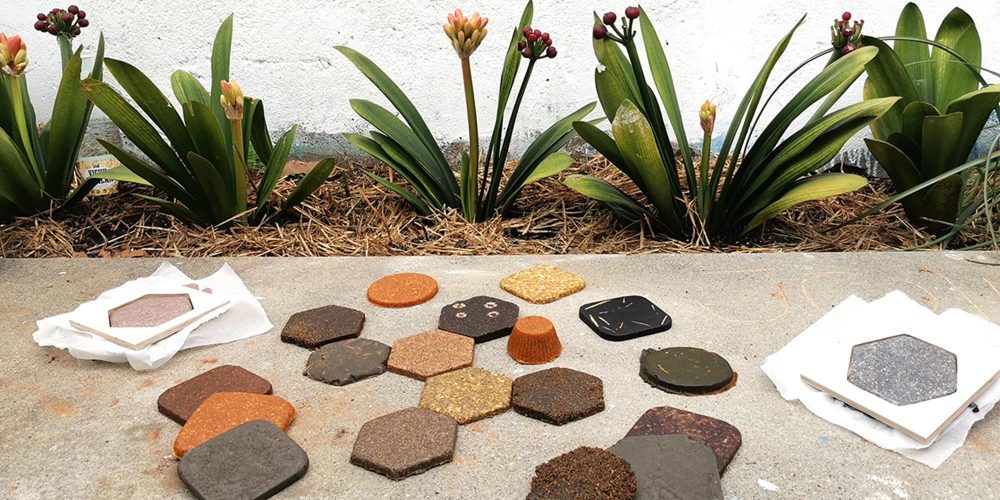
Digital Humanism: Art as driver for human-centred innovation
Digital technology spills into and shapes all aspects of our lives, from the way we inhabit both digital and physical spaces, the ways in which we interact and communicate with others, to the ways we work and plan our lives.
-
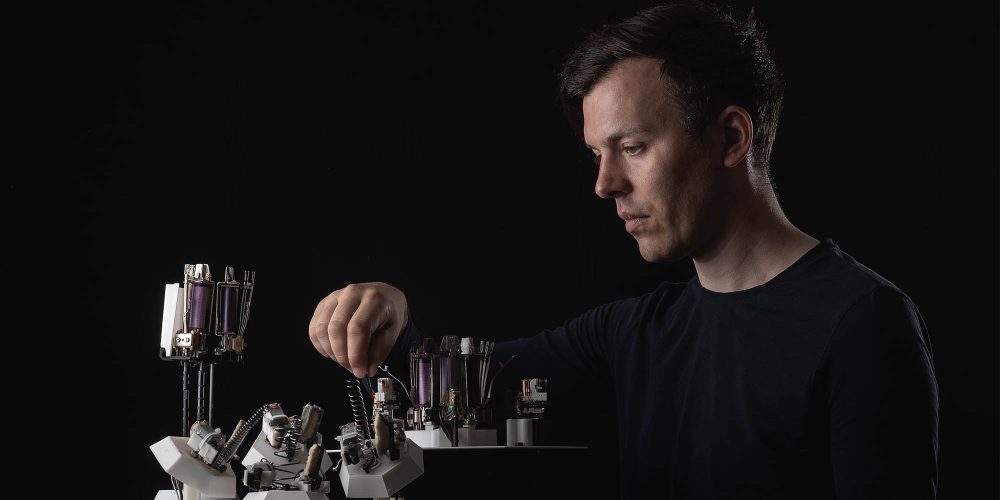
He lets mini-robots make music
An interview with this year’s EMAP Residency Artist: Moritz Simon Geist!
